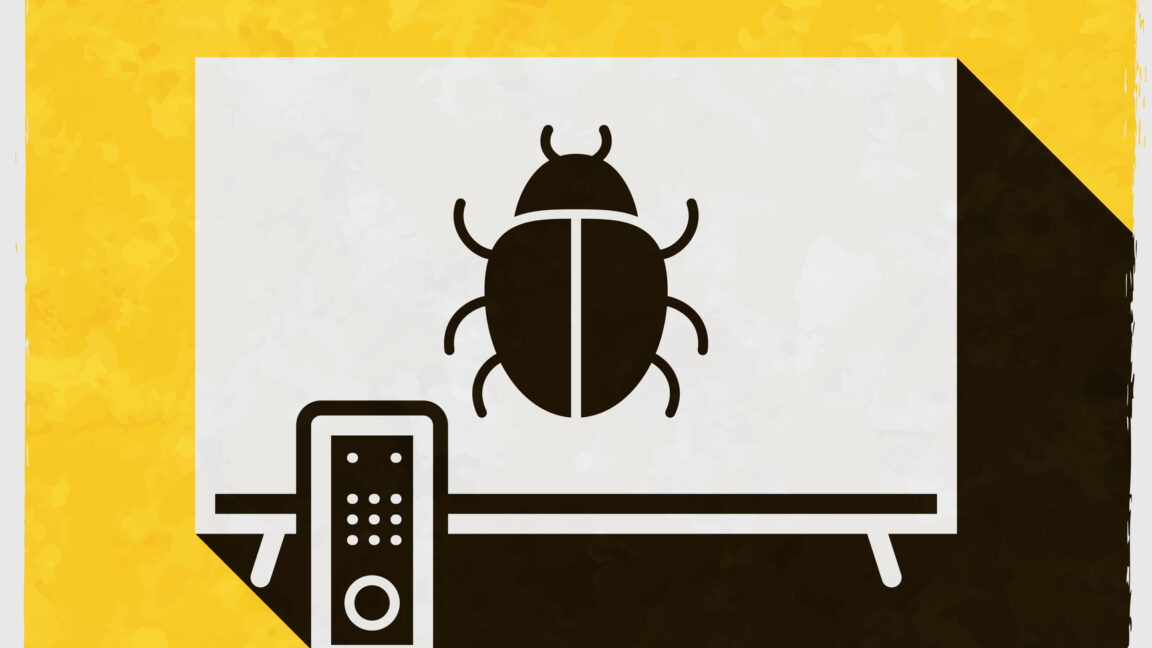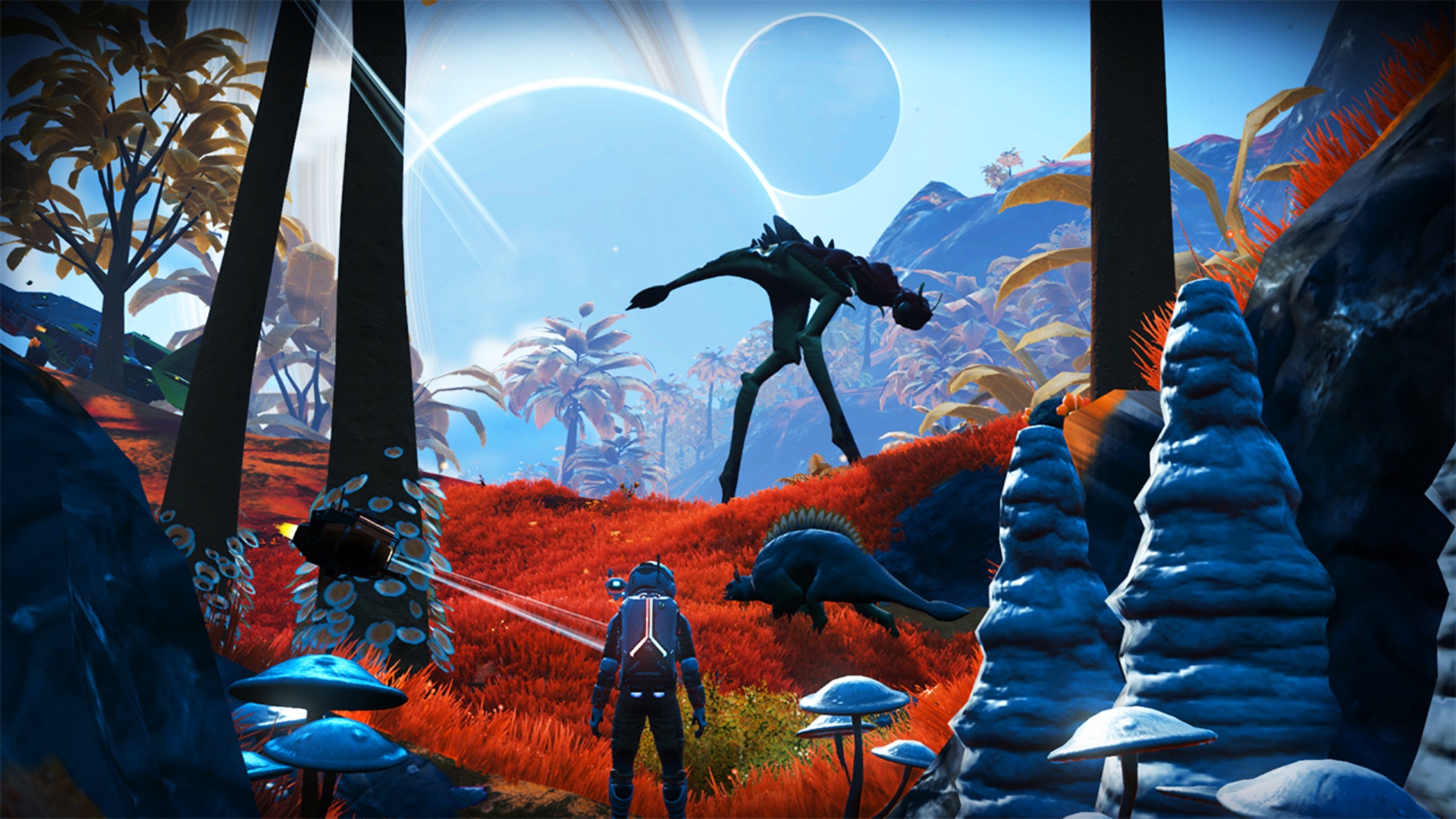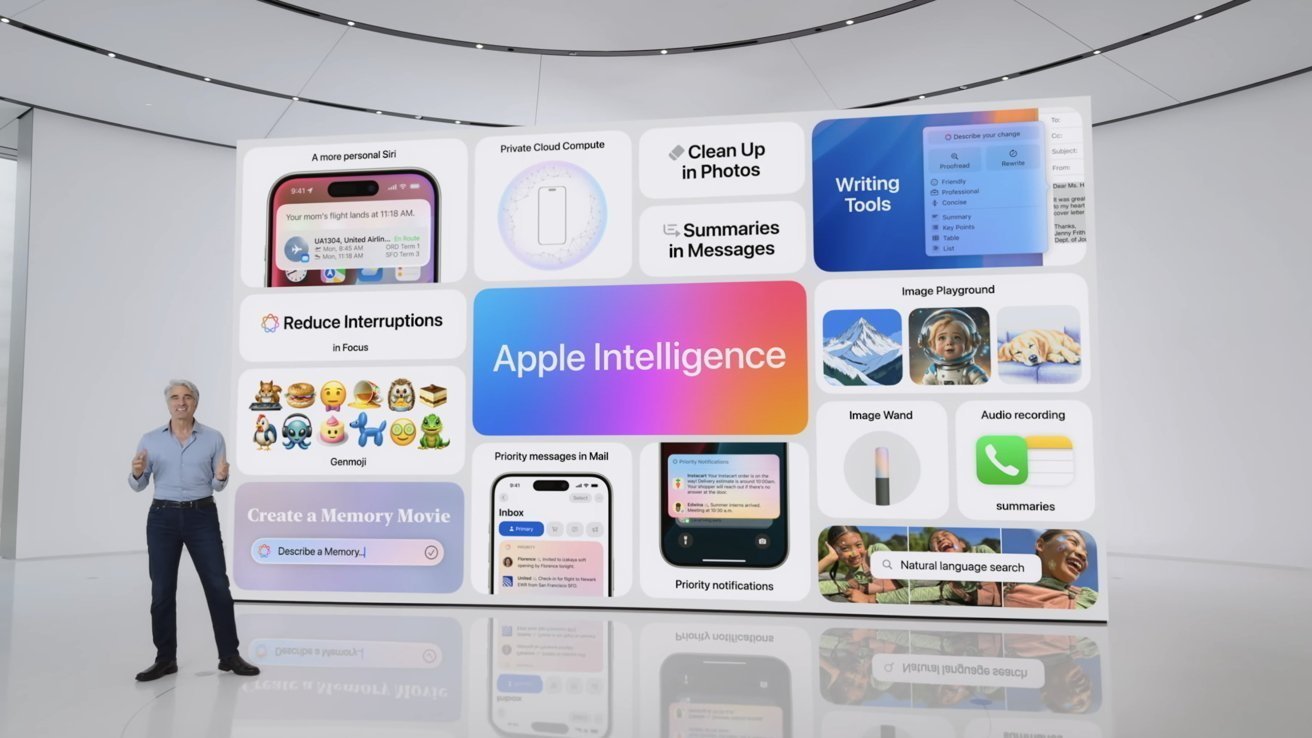'We Finally May Be Able to Rid the World of Mosquitoes. But Should We?'
It's no longer a hypothetical question, writes the Washington Post. "In recent years, scientists have devised powerful genetic tools that may be able to eradicate mosquitoes and other pests once and for all." But along with the ability to fight malaria, dengue, West Nile virus and other serious diseases, "the development of this technology also raises a profound ethical question: When, if ever, is it okay to intentionally drive a species out of existence...?" When so many wildlife conservationists are trying to save plants and animals from disappearing, the mosquito is one of the few creatures that people argue is actually worthy of extinction. Forget about tigers or bears; it's the tiny mosquito that is the deadliest animal on Earth. The human misery caused by malaria is undeniable. Nearly 600,000 people died of the disease in 2023, according to the World Health Organization, with the majority of cases in Africa... But recently, the Hastings Center for Bioethics, a research institute in New York, and Arizona State University brought together a group of bioethicists to discuss the potential pitfalls of intentionally trying to drive a species to extinction. In a policy paper published in the journal Science last month, the group concluded that "deliberate full extinction might occasionally be acceptable, but only extremely rarely..." It's unclear how important malaria-carrying mosquitoes are to broader ecosystems. Little research has been done to figure out whether frogs or other animals that eat the insects would be able to find their meals elsewhere. Scientists are hotly debating whether a broader "insect apocalypse" is underway in many parts of the world, which may imperil other creatures that depend on them for food and pollination... Instead, the authors said, geneticists should be able to use gene editing, vaccines and other tools to target not the mosquito itself, but the single-celled Plasmodium parasite that is responsible for malaria. That invisible microorganism — which a mosquito transfers from its saliva to a person's blood when it bites — is the real culprit. A nonprofit research consortium called Target Malaria has genetically modified mosquitoes in their labs (which get core funding from the Gates Foundation and from Open Philanthropy, backed by Facebook co-founder Dustin Moskovitz and his wife). ), and hopes to deploy them in the wild within five years... Read more of this story at Slashdot.

Read more of this story at Slashdot.


























































.jpg)
















































































































![[The AI Show Episode 151]: Anthropic CEO: AI Will Destroy 50% of Entry-Level Jobs, Veo 3’s Scary Lifelike Videos, Meta Aims to Fully Automate Ads & Perplexity’s Burning Cash](https://www.marketingaiinstitute.com/hubfs/ep%20151%20cover.png)
























































































































![[DEALS] Internxt Cloud Storage: Lifetime Subscription (85% off) & Other Deals Up To 98% Off – Offers End Soon!](https://www.javacodegeeks.com/wp-content/uploads/2012/12/jcg-logo.jpg)





![From electrical engineering student to CTO with Hitesh Choudhary [Podcast #175]](https://cdn.hashnode.com/res/hashnode/image/upload/v1749158756824/3996a2ad-53e5-4a8f-ab97-2c77a6f66ba3.png?#)







































































































































_Michael_Vi_Alamy.jpg?width=1280&auto=webp&quality=80&disable=upscale#)



























































































![This one feature makes the Renpho Lynx the most practical smart ring yet [Hands-on]](https://i0.wp.com/9to5mac.com/wp-content/uploads/sites/6/2025/06/Lynx-review-FI.jpg.jpg?resize=1200%2C628&quality=82&strip=all&ssl=1)



![What Google Messages features are rolling out [June 2025]](https://i0.wp.com/9to5google.com/wp-content/uploads/sites/4/2023/12/google-messages-name-cover.png?resize=1200%2C628&quality=82&strip=all&ssl=1)















![Apple Planning Futuristic 'Glasswing' iPhone With Curved Glass and No Cutouts [Gurman]](https://www.iclarified.com/images/news/97534/97534/97534-640.jpg)

![UGREEN FineTrack Smart Tracker With Apple Find My Support Drops to $9.99 [50% Off]](https://www.iclarified.com/images/news/97529/97529/97529-640.jpg)




































































